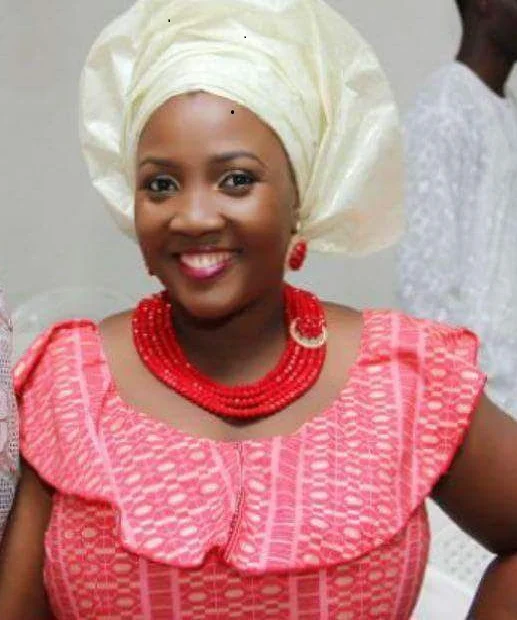Last week, I took you on a trip to India with an interview with Dr. Shah. I decided to stay longer in India to bring you this week’s episode from another Indian. Losing one parent is hard enough but imagine losing both of your parents, and in addition to this monumental grief, having to cope with the guilt of being thousands of miles away from home when this happens.
In this episode, I speak to Som Ghosh – a Tabla-playing Indian living in America on grief observed. We talked about how grief is handled by Hindus and how certain burial rites performed by Hindus might make coping with grief better, and how he has been coping with losing both parents. I also talked about a personal grief and how I was able to (and still) cope with this. We begin his story from why he decided to leave his job at Pfizer and head on to pursue a PhD in Health Economics and Outcomes Research (HEOR) and tips for those considering going back to school after working for a while.
How to cope with grief, as surmised by Som and me (in no particular order):
Let grief run its course.
Take time to mourn the loss.
Cry if you must.
Label the emotions as they come, anger, sadness, pain, anguish.
Remember that emotions are like messengers, we do not shoot them. Listen to the gifts they bear and afterwards, send them on their journey in a nice way, knowing fully well that they might come back again.
Find someone you can trust to talk to about your grief. And if you cannot find someone, just like Tennessee Williams suggested, depend on the kindness of strangers who are usually obliagted to listen to you.
Seek grief counseling or therapy.







![고향으로 돌아 가기| The One with Mo!+Olabimpe [Hot Seat Edition 1] - "You Can Never Go Home Again": Episode 7 (2018)](https://images.squarespace-cdn.com/content/v1/5aae05cc70e802c436da5613/1525312461484-661FFT7M3H584AKGFL1X/20180420_092221.jpg)









